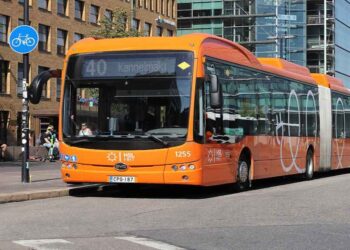The World Bank has approved a loan of $150m to China to improve rural roads network in Guiyang, the capital city of Guizhou Province in southwest China.
The project will upgrade, improve, or rehabilitate about 940 km of rural roads and support a rural road maintenance pilot in Guiyang.
It will support the Guiyang Municipal Government’s efforts to alleviate poverty and reduce urban-rural disparities by improving the rural road network.
Following the completion, the project-financed roads would significantly improve connectivity in the project area and benefit transporters and passengers through shorter travel times and lower road accident rates.
This will in turn increase the accessibility of education, healthcare and markets to the rural people of Guiyang.
The project roads will pass through up to 339 administrative villages, where more than 703,000 people live.
World Bank transport economist and task team leader Holly Krambeck said: “All people in the project area, including the poor and women, will benefit from more working opportunities during and after the project.
“They will earn more income from their labor and farm products and will have better access to critical services, such as education and health care facilities.”
This is the second transport project that the World Bank has financed in Guiyang following the Guiyang Transport Project, which was completed in 2013.
The earlier project financed the rehabilitation and upgrading of rural roads, as well as construction of a new urban arterial, construction of rural bus stations, and provision of technical assistance including the development of a GIS-based rural road maintenance system.
Guiyang is one of the poorest provinces in China on a GDP per capita basis. It is a heavily mountainous, landlocked province inhabited by many ethnic minorities.
About 30% of the population in Guiyang Municipality lives in the rural areas, and about one-fourth of the rural population lives under the national poverty line.
































